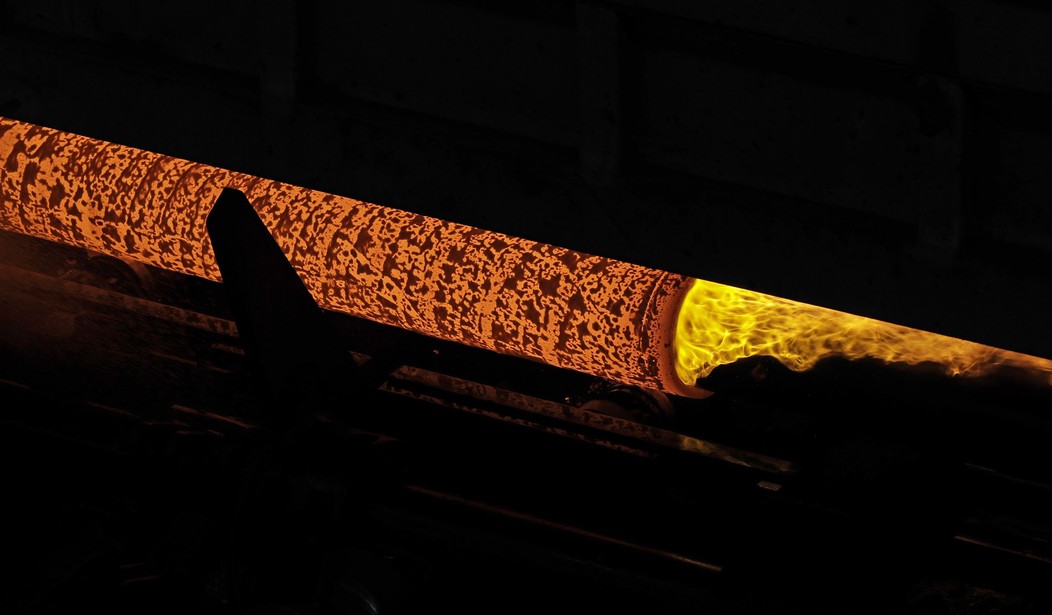Britain used to be an industrial powerhouse. It is no exaggeration to say that there might not have been an industrial revolution without the leadership of that country, and it certainly is true that the technological revolution would have been slower without Britain leading the way.
World War I led to the transfer of industrial leadership from Britain to the United States, and World War II cemented our lead over the rest of the world, although other countries like Japan and now China have become dominant players as well. Germany, until recently and because of NetZero policies, was a major competitor as well.
Britain, and to a great extent Europe, are now also-rans.
British Steel has announced plans to close its two blast furnaces in Scunthorpe, signalling the end of steel production in the UK after more than 150 years https://t.co/0U2EPof9gb
— The Telegraph (@Telegraph) March 27, 2025
British Steel is closing its last steel plants–steel being one of the most important ingredients for all industrial production–ending a 150-year legacy of Britain being a major steel producer. Starting soon, it will produce…none.
British Steel has announced plans to close its two blast furnaces in Scunthorpe, making Britain the only G7 country unable to manufacture its own steel.
Jingye, the Chinese steel group that owns the plant, blamed Donald Trump as it announced plans to shut key operations, putting up to 2,700 jobs at risk. It said the “imposition of tariffs” had made the blast furnaces and steel making operations “no longer financially sustainable”. The closures signal the end of steel production in the UK after more than 150 years.
Mr Trump has imposed 25pc tariffs on steel and aluminium imports to the US that came into effect earlier this month. […]
— Read More: hotair.com



